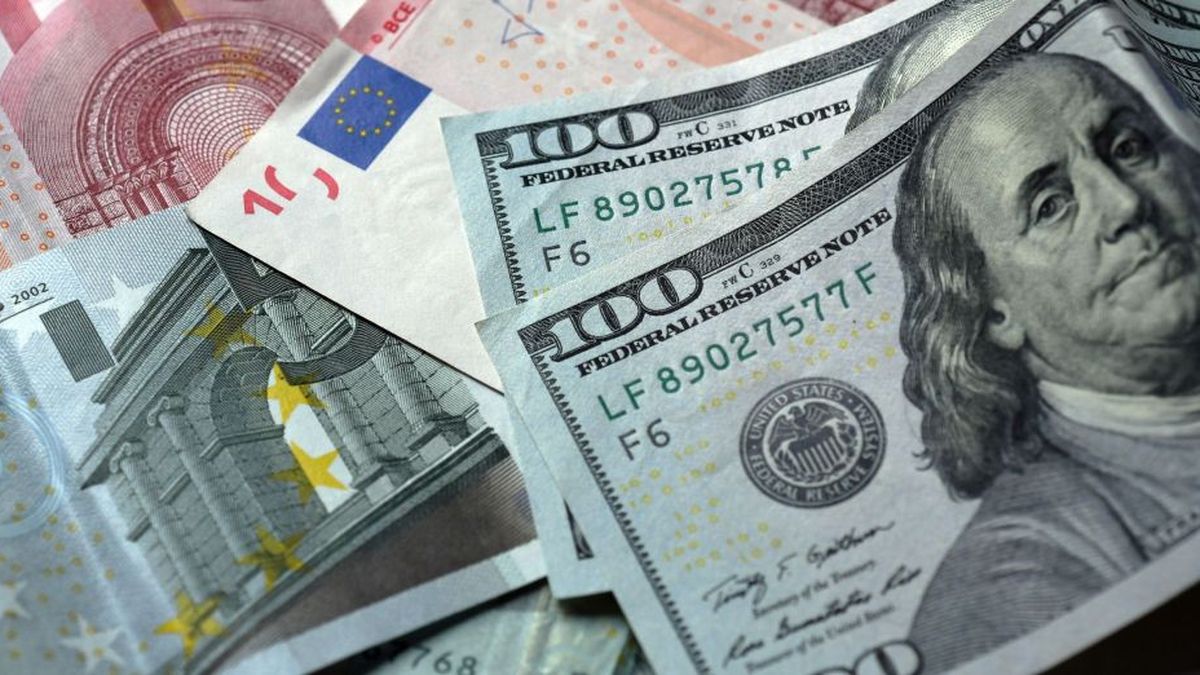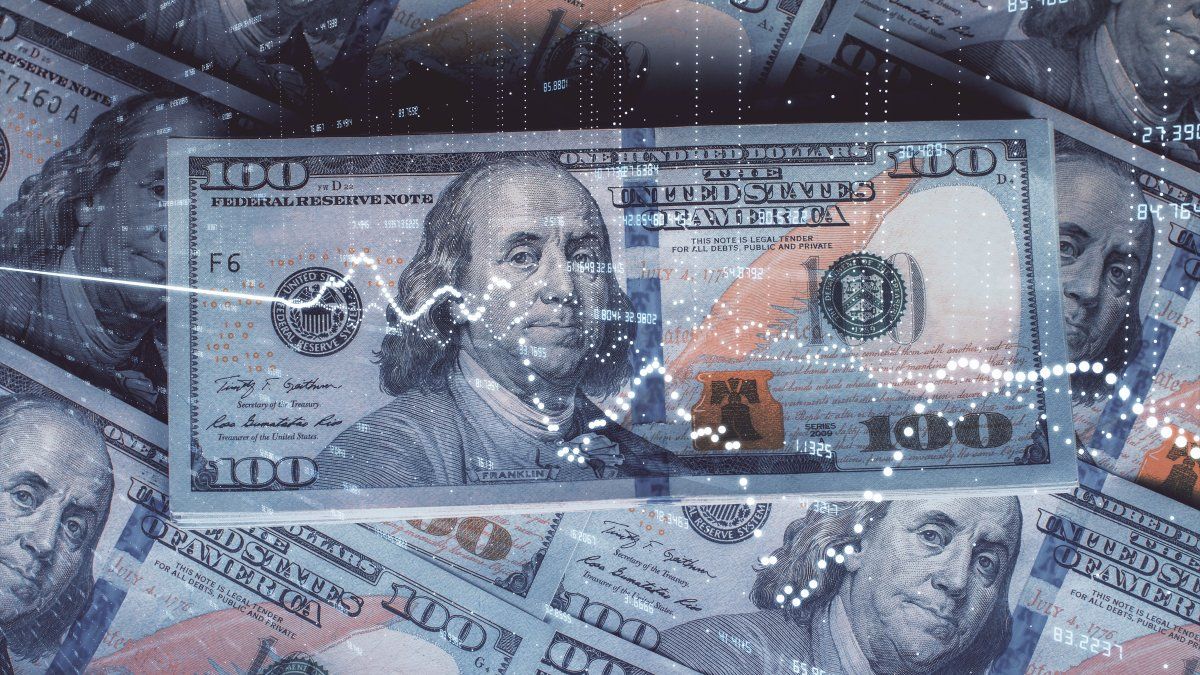This is the case of several commodities, starting with oil and gas, whose prices have already been climbing in recent months due to the war in Ukraine.
With the depreciation of the European currency, more euros are needed to buy imported products in dollars.
“Another streak of this depreciation is that European tourism will be curbed, especially to the United States“said William De Vijlder, an economist at BNP Paribas.
But at the same time, tourists from the United States and other destinations gain from the exchange rate and can consume more with the same number of dollars.
The effect of the fall in the price of the euro varies according to the dependence that companies have on foreign trade and energy.
“Products imported in dollars lose competitiveness (…) and they become more expensive, explained Isabelle Méjean, a professor at the Sciences Po Higher School. “This contributes to accelerating inflation and threatens the purchasing power of households,” he claimed.
“Companies that export outside the euro zone benefit from the depreciation of the euro, since their prices become more competitive, but importing companies are affected”Philippe Mutricy, research director of the public bank Bpifrance.
The companies dependent on foreign raw materials and energyare those that tend to be most affected since they export little and they are going to register a cost explosion.
The big winner is the manufacturing industry that exportsespecially the sectors of the aeronauticsthe automobile manufacturersthe luxury and the chemical industry.
This could cushion the impact on growth of rising commodity prices in the context of the war in Ukraine, especially in more export-oriented economies such as Germany.
For reimbursement of debt of european countriesthe impact depends. “Higher growth can make debt repayment easier”explained Méjean, as long as the markets consider the european debt like enough safe and that the interest rates remain low.
But for states that issued dollar-denominated bondss, a depreciation of the euro increases the cost of reimbursement.
The depreciation of the euro accelerates inflation and this can prompt the European Central Bank (ECB) to raise interest rates fasterwhen the issuer was preparing in July for the first increase for eleven years.
“It can be argued that the ECB should not react to rising commodity prices, but its challenge to control inflation becomes more preponderant as the price of imports rises,” said William De Vijlder.
Source: Ambito
David William is a talented author who has made a name for himself in the world of writing. He is a professional author who writes on a wide range of topics, from general interest to opinion news. David is currently working as a writer at 24 hours worlds where he brings his unique perspective and in-depth research to his articles, making them both informative and engaging.




